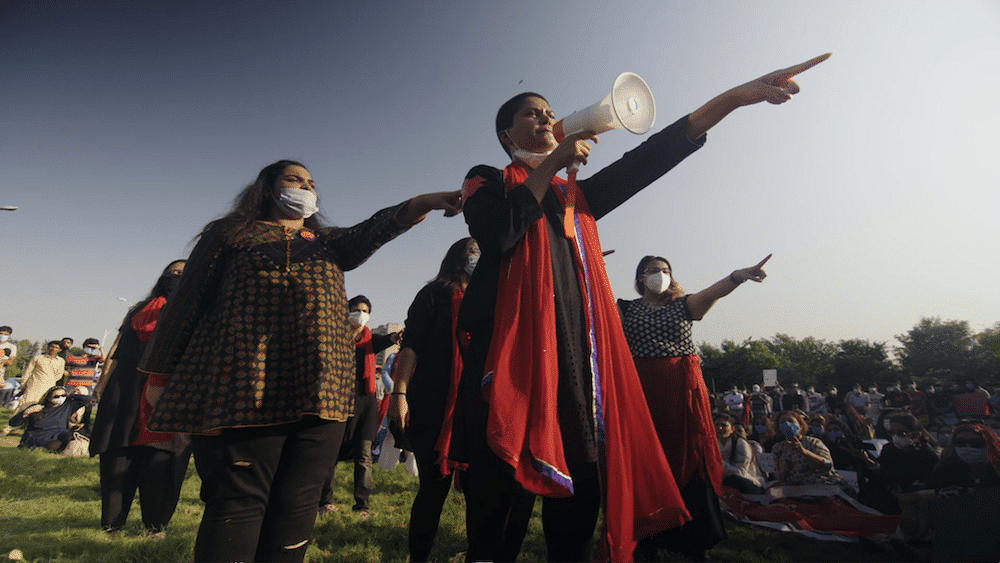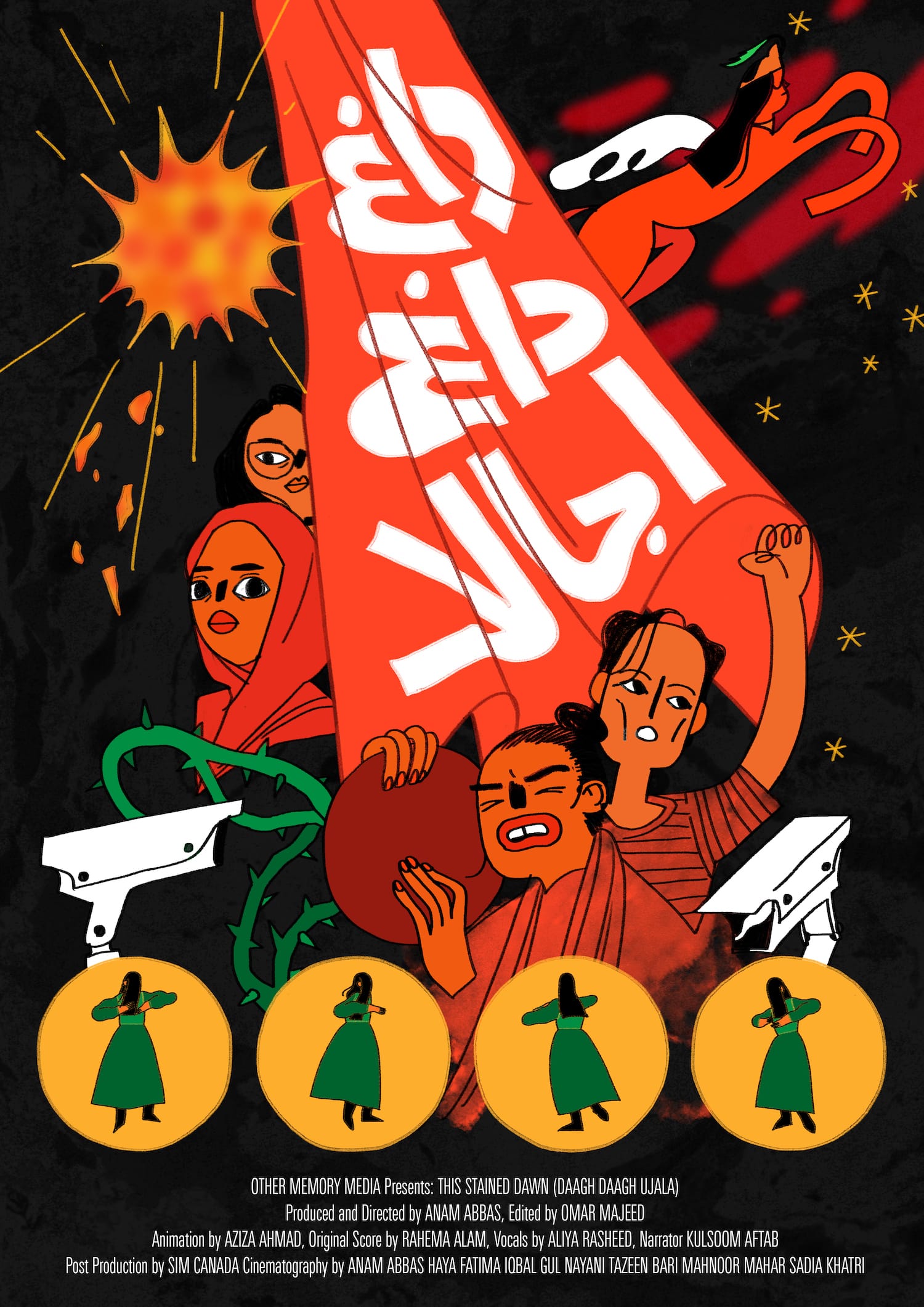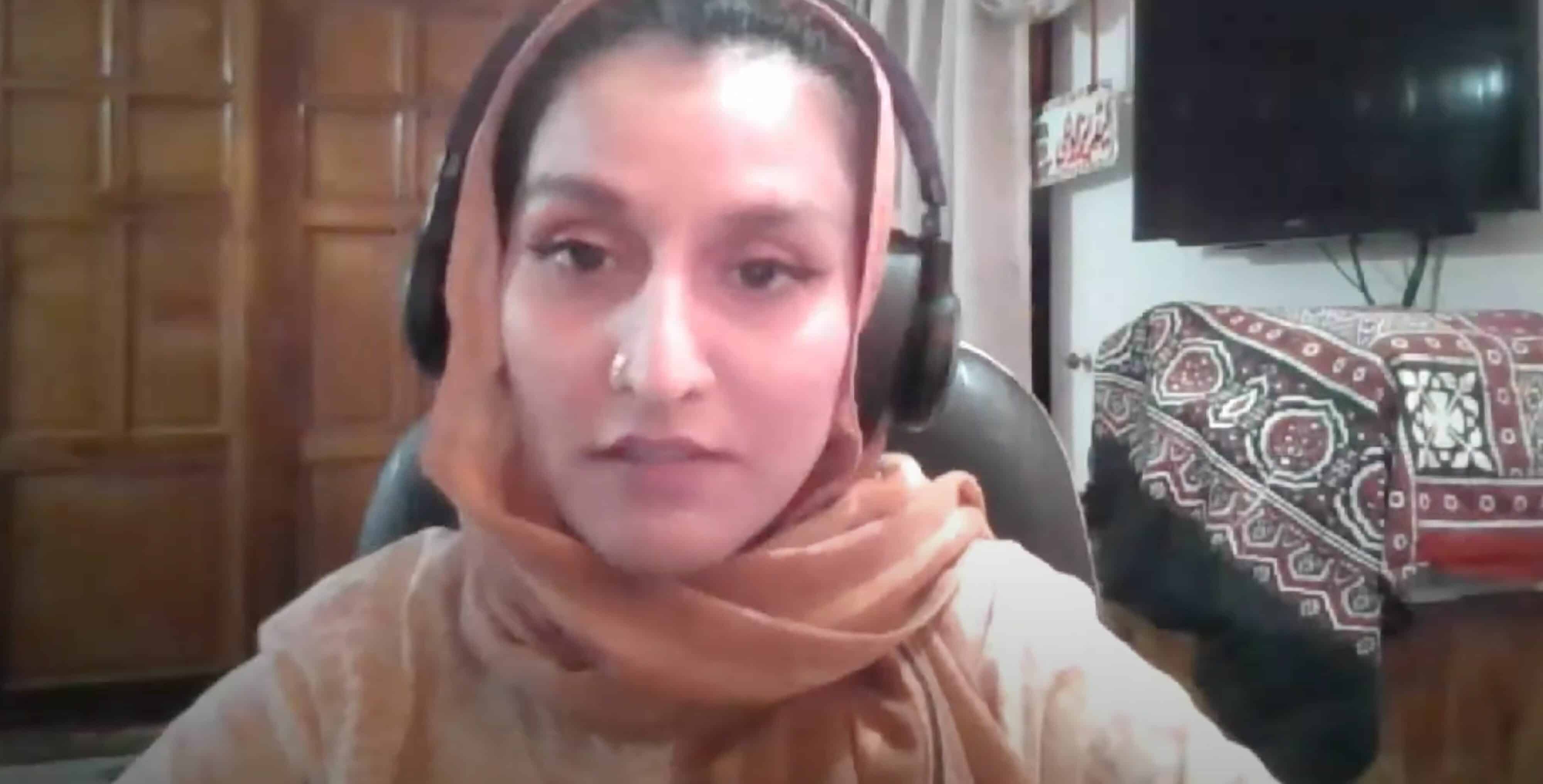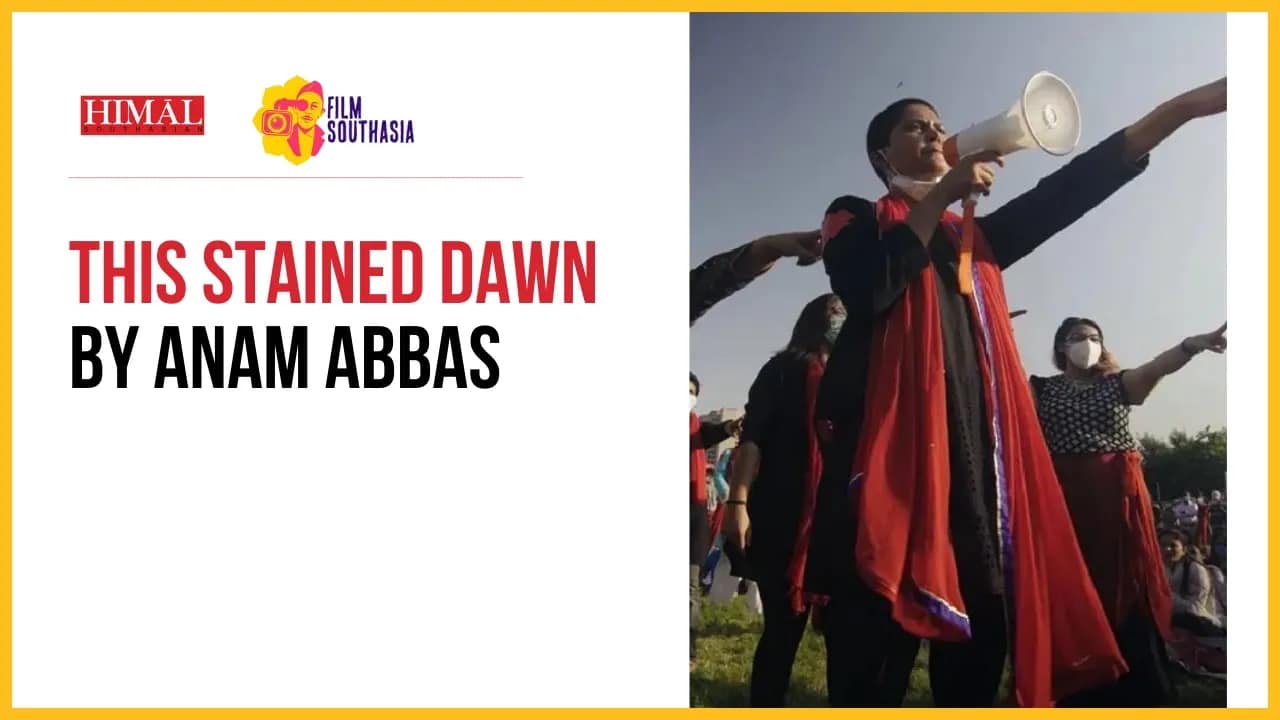Annam Abbas

Anam Abbas is a Pakistan based Pakistani-Canadian filmmaker. She runs Other Memory Media. As a producer and director of photography, her first feature SHOWGIRLS OF PAKISTAN, premiered in the 2020 IDFA Competition for First Appearance and was released globally on VICE in 2021. THIS STAINED DAWN (DAGH DAGH UJALA) is her award winning debut feature documentary as a director. It premiered in the International Competition section at the 2021 Sheffield International Documentary Festival.
Her first fiction feature IN FLAMES, directed by Zarrar Kahn, premiered in the Directors’ Fortnight section at the 2023 Cannes Film Festival. Anam is an alumna of 2017 Locarno Film Festival’s Open Doors Hub, 2018 Berlinale Talents, 2019 Film Independent Global Media Makers, 2020 Berlinale Talents Project Market Fellow, and 2020 Cannes Producer’s Network. Anam is also one of the founding members of the Documentary Association of Pakistan (DAP).
- In Flames (2023)







